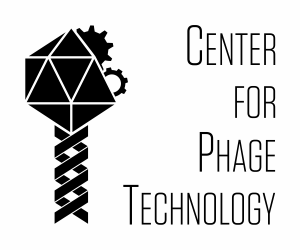 Perspective
Perspective
Throughout history, bacterial infections have been one of the most frequent causes of death in humans. Bacterial pathogens also cause a number of economically important diseases affecting both animal and plant agriculture. For more than 50 years, we have kept pathogenic bacteria at bay in both human medicine and agriculture with cheap, mass-produced chemical antibiotics. However, antibiotic-resistant bacteria are reaching epidemic proportions worldwide. For example, antibiotic-resistant Staphylococcus aureus killed more people than HIV in the United States in 2005. At the same time, there has been an alarming trend towards few new antibiotics under development. There is growing concern that we may be entering a post-antibiotic era. Moreover, it is only recently that the bacterial microbiota has become recognized as an important organ of the human body. Thus even if new broad-spectrum antibiotics could be developed, it is clear that each use of such chemicals can be highly deleterious to the microbiota and thus to health. Both of these trends have served to re-energize interest in bacteriophages, or phage, the viruses that infect bacteria.
Establishment and Mandate of the CPT
Coupled with modern DNA-based biotechnology, phage have enormous potential as “green” anti-bacterial agents. In May 2010, the Texas A&M University System Board of Regents established The Center for Phage Technology, – the CPT – , with the mandate to position the Texas A&M University System as a world leader in the application of phage to combat bacterial infections in humans, animals and plants, to promote food safety, to protect against potential bacteriological weapons, and to prevent or mitigate the deleterious effects of bacterial contamination, degradation and corrosion in industry.
Over the next three years, four CPT faculty positions were filled. There are now 8 tenured or tenure-track faculty that form the core faculty group of the CPT. The CPT staff provides phage expertise, research services, and collaborative opportunities to faculty, research enterprises and companies who have phage-related research interests. The CPT website aims to provide a complete suite of bioinformatic tools for phage genome annotation, as well as protocols for all sorts of phage-related research.
